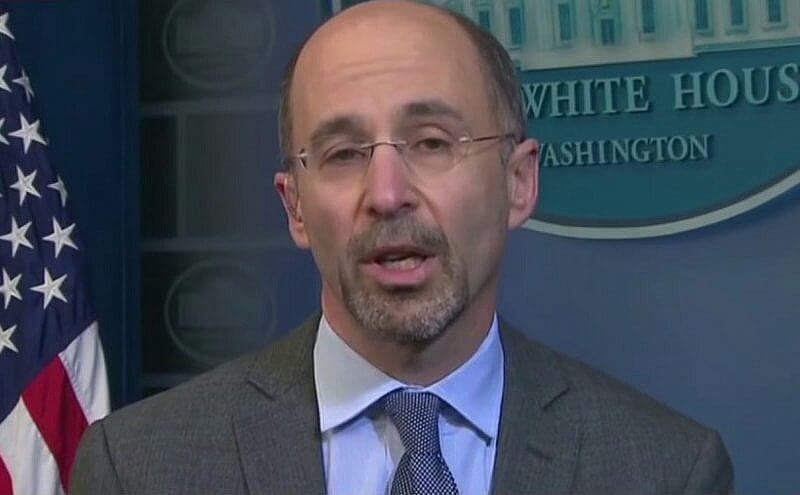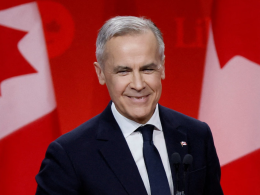Former Iran hostages say appointing Robert Malley as special envoy to Iran would indicate that the Biden administration is willing to ignore Iran’s frequent violations of human rights and funding of terrorist proxies throughout the region in return for re-entry into the Iran nuclear deal.
Appointing Malley “would send a chilling signal to the dictatorship in Iran that the United States is solely focused on re-entering the Iran nuclear deal and ignoring its regional terror and domestic crimes against humanity. It would send a signal to Iranians, Syrians, Iraqis, Lebanese and others that are being repressed by the Iranian regime and its proxies that the Biden administration does not care about their human rights,” said 12 former Iran hostages in a collective letter to President Biden, according to a Bloomberg report.
As a prior national security official in the Obama Administration, Malley “has a track record of sympathy for the Iranian regime [and] animus towards Israel. The ayatollahs wouldn’t believe their luck if he was selected,” tweeted Senator Tom Cotton last week.
Malley is not only known for his support of appeasement towards Iran but also for his willingness to negotiate with “Hamas, the PLO [Palestinian Liberation Organization], Yasser Arafat, [Palestinian Authority President] Mahmoud Abbas, and Syria,” according to the Zionist Organization of America (ZOA).
Malley supports a two-state solution to the Israel-Palestinian conflict and has argued in the past that it will be necessary to include Hamas leaders in the final negotiations, further disparaging Israel’s security concerns by arguing in a 2012 Foreign Policy op-ed that “Israelis…likely [were] exaggerating the Iranian threat and its imminence.”
In 2007, Malley also showed support for Bashar al-Assad in Syria, calling upon Israel to return rightfully obtained land in the Golan Heights based on the historically unsupported idea that Syria is “unlikely to sponsor militant groups” or cause destabilization in the region once a deal was negotiated.
In stark opposition to President Trump’s “maximum pressure” strategy against the Iranian regime, Malley echoes the idea often propagated by Iran’s Foreign Minister Javad Zarif that sanctions will ultimately fail to “[produce] a genuine change in Tehran’s calculus,” a stance that has been largely disproven by the former administration’s sanctions on Iran, which managed to greatly weaken the regime’s influence in the region.
President Biden has repeatedly stated intentions to rejoin the original Iran nuclear deal while maintaining the stance that the administration is in no rush and will wait to see whether Iran comes into compliance with the deal, leading many to question why he would consider Malley’s appointment if he intends to hold Iran to account.










